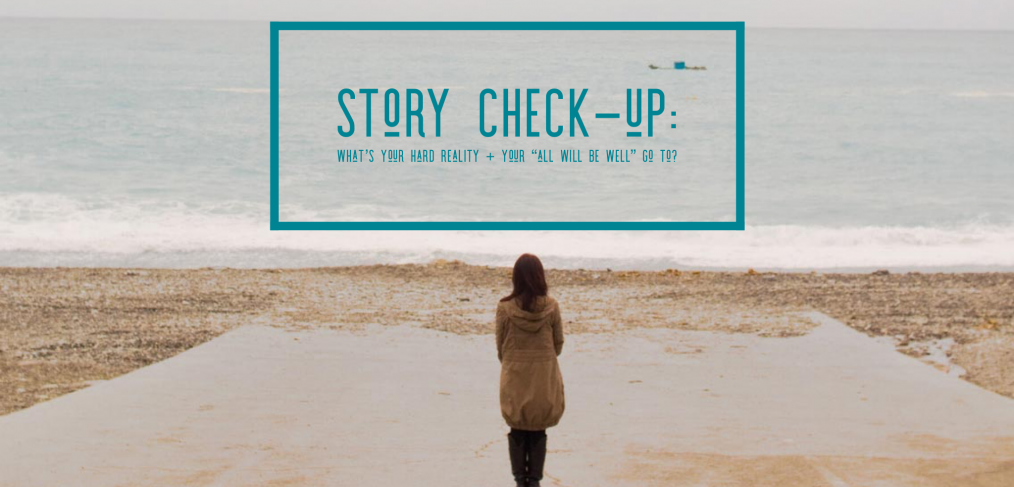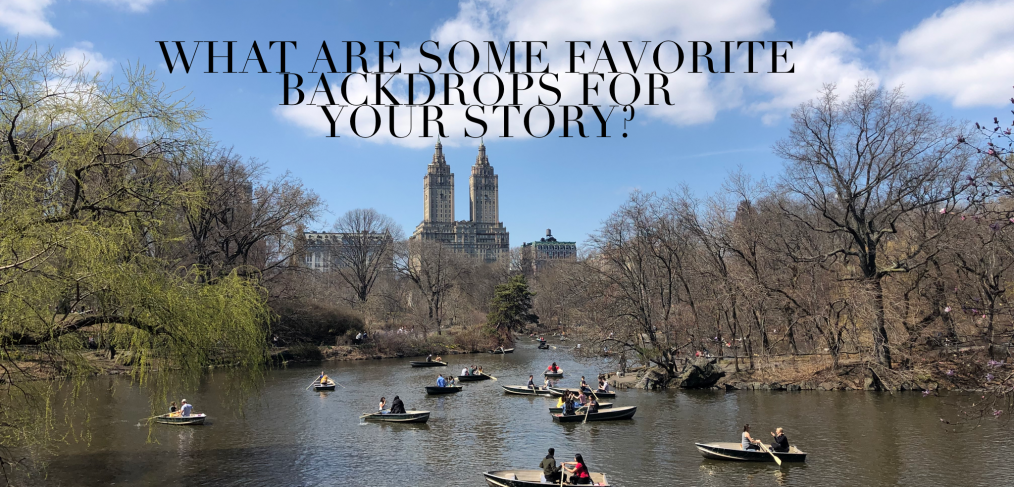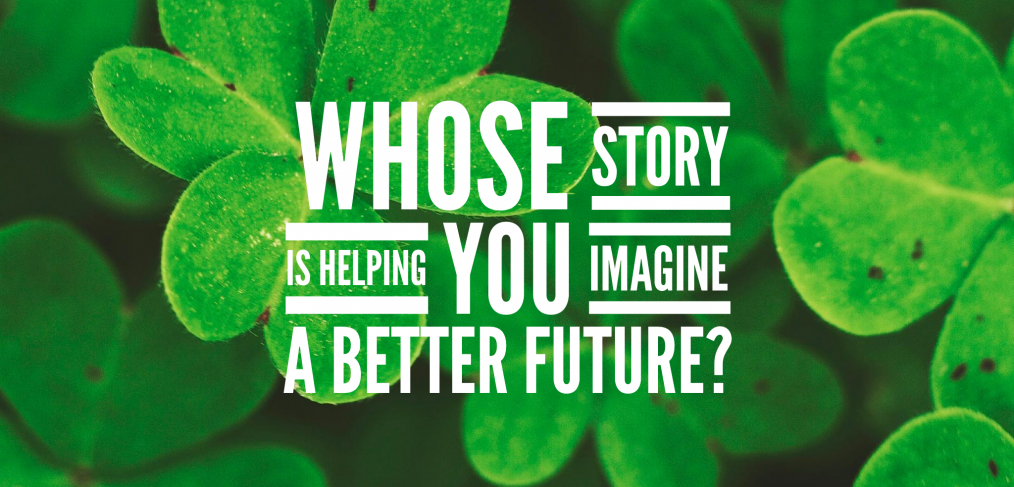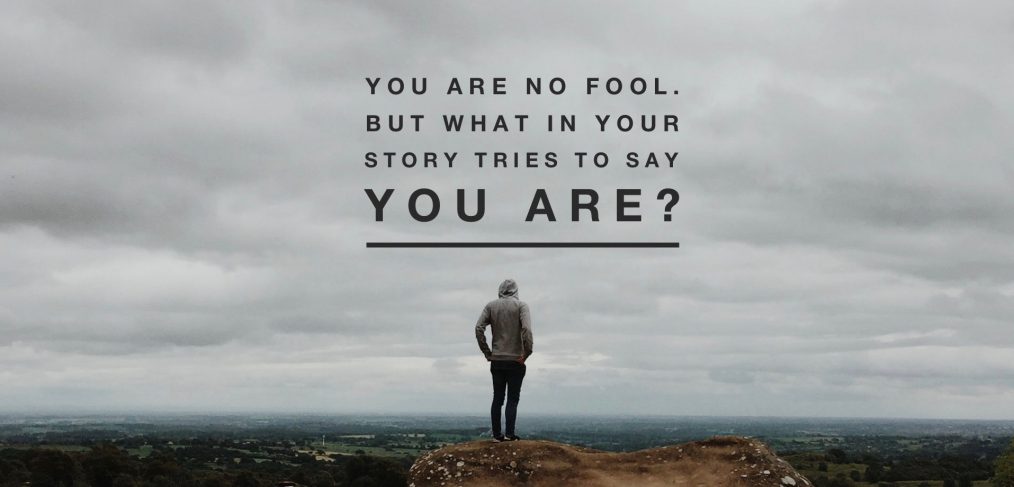For the last week or so, I put my story on hold. I set it aside…well, the writing of it.
Yet as much as I try to halt my story, it unfolds whether I give it permission or not. It’s terrifying…and gorgeous. My story–and all our stories–as well as the Great Storyteller don’t give up as easily as we do.
So our stories move on…even if hard realities cause us not to want to pay attention.
My current hard reality: heartbreak.
It sucks. Ok, it SUCKS!!! There’s no way around it. Through it I must go.
And here’s the curious thing. There’s a grace of knowing my story continues. Whether I pay attention or not, it’s moving forward. So why not pay attention? And when I do–truly pay attention–the Great Storyteller tends to whisper another storyline to me. It’s a storyline you may know or need too.
Heartbreak—or whatever you may be experiencing that makes you want to put your story aside–has a stronger opponent.
Hope.
The storyline of Hope comes in a thousand forms: friends who war for your wellbeing, muscle memory of challenges survived, hikes in nature, songs that get you dancing, words spoken at the right time in the right way, children’s laughter, chocolate…and the Hope of All Hopes.
As we enter Holy Week, may you pay attention to your own hard reality…and may you know the Easter of your story–of our Story–is coming.
I leave you with this folk-song about Julian of Norwich….and the invitation to know in in the midst of the hard realities All will be well, all matter of things will be well. May it be so!




